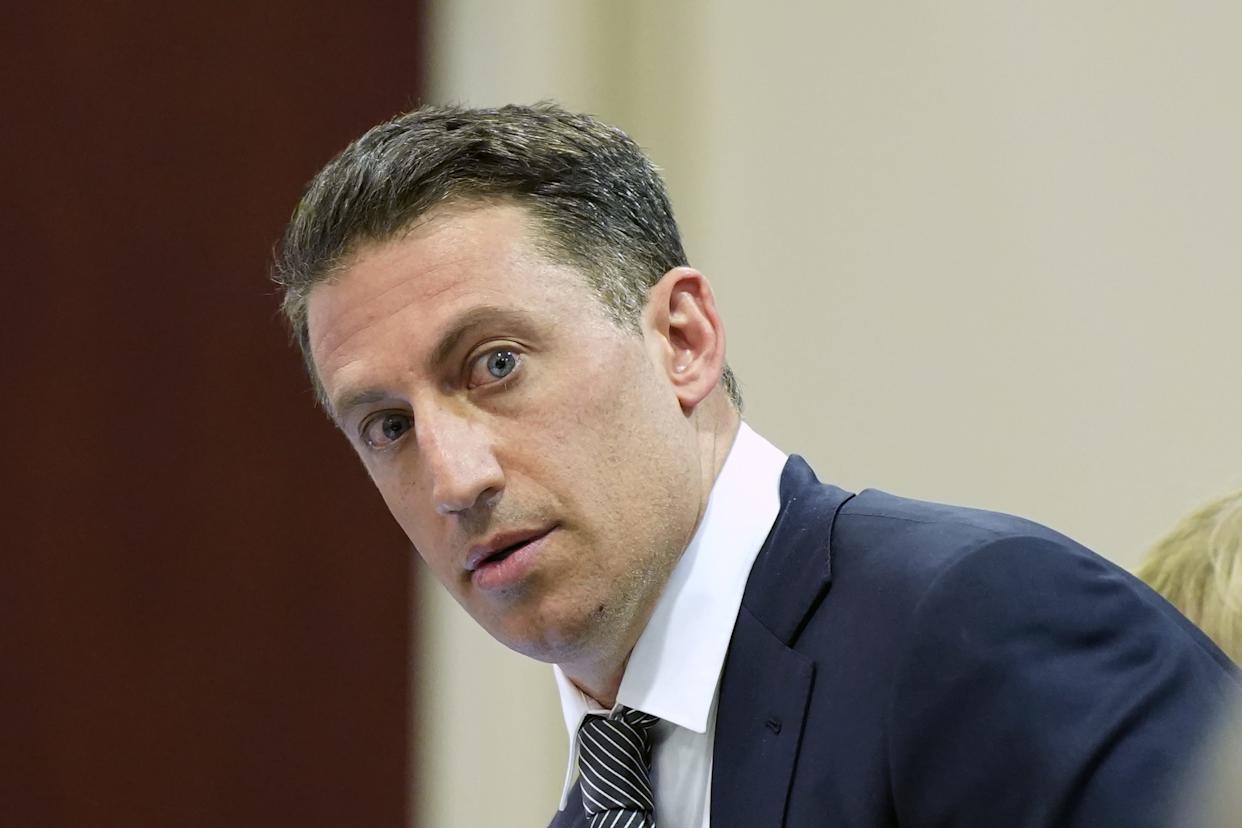Former Culpeper County Sheriff Scott Jenkins, convicted last December for accepting over $75,000 in bribes, has received a presidential pardon from Donald Trump. Jenkins was found guilty of multiple charges, including conspiracy and honest services fraud, for allowing businessmen to take on law enforcement roles without proper training in exchange for financial incentives.
Jenkins, a long-time supporter of Trump and elected sheriff since 2011, was sentenced to a decade in prison but was set to report to jail this week. Trump's pardon, communicated through his Truth Social platform, cited Jenkins as a victim of “an overzealous Biden Department of Justice,” asserting that the judicial proceedings against him were unfair. The incident drew significant controversy, with the judge handling Jenkins's case being appointed by President Biden, though the findings were made by a jury.
Prosecutors outlined how Jenkins's acceptances of bribes came from several individuals, including two undercover FBI agents, who sought auxiliary deputy sheriff positions. These positions create a loophole wherein individuals gain law enforcement authority without full accountability. This case has reignited discussions around the ethical behavior of public officials and the consequences of corrupt practices.
Following his conviction, Jenkins expressed hope for a pardon, stating to a webinar audience that he thought Trump would assist if he became aware of the complexities of his situation. Trump's recent pardons reflect a pattern in which he has granted clemency to numerous supporters, especially since his administration faced scrutiny after the Capitol riots in January.
The implications of presidential pardons highlight the delicate balance of justice as outlined in the U.S. Constitution, raising fundamental questions about the accountability of elected officials and the expectations placed upon those in power to maintain the integrity of their positions.





















